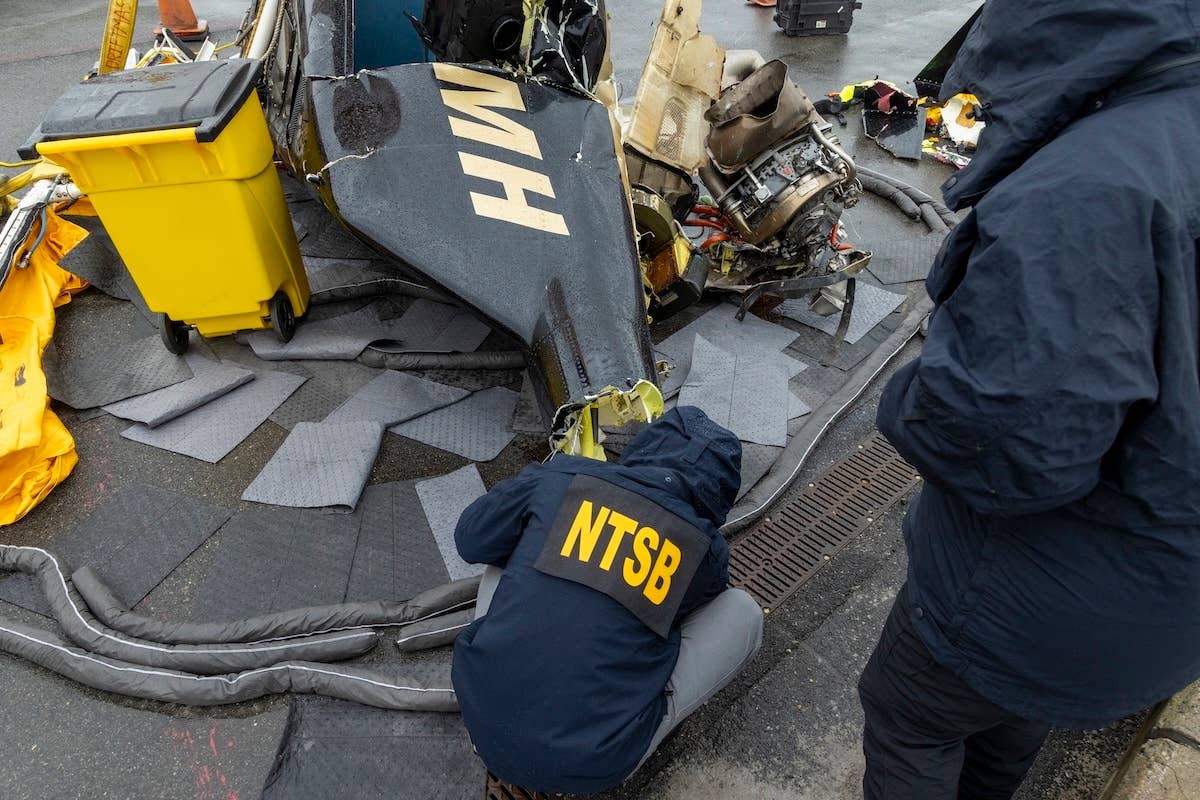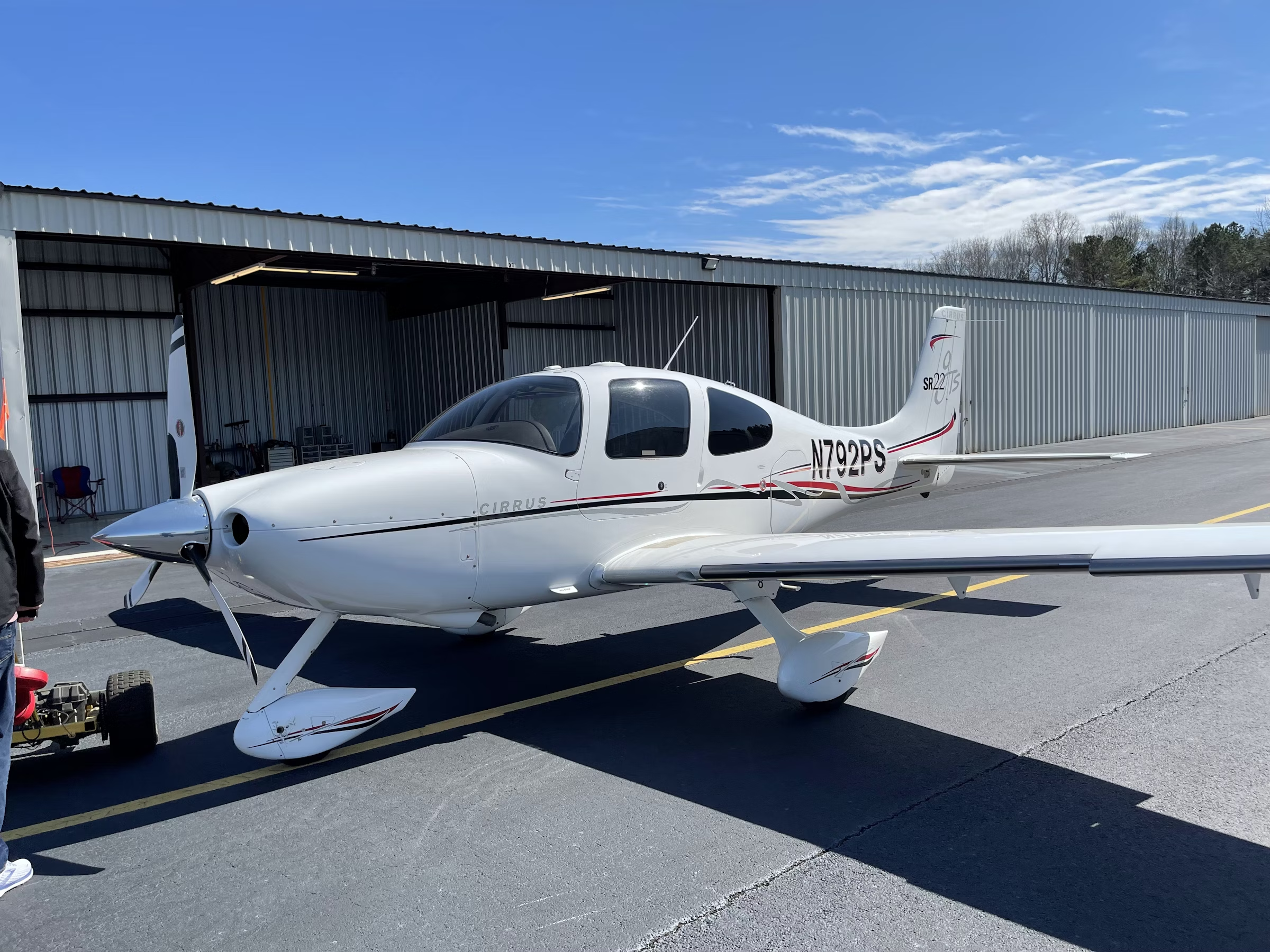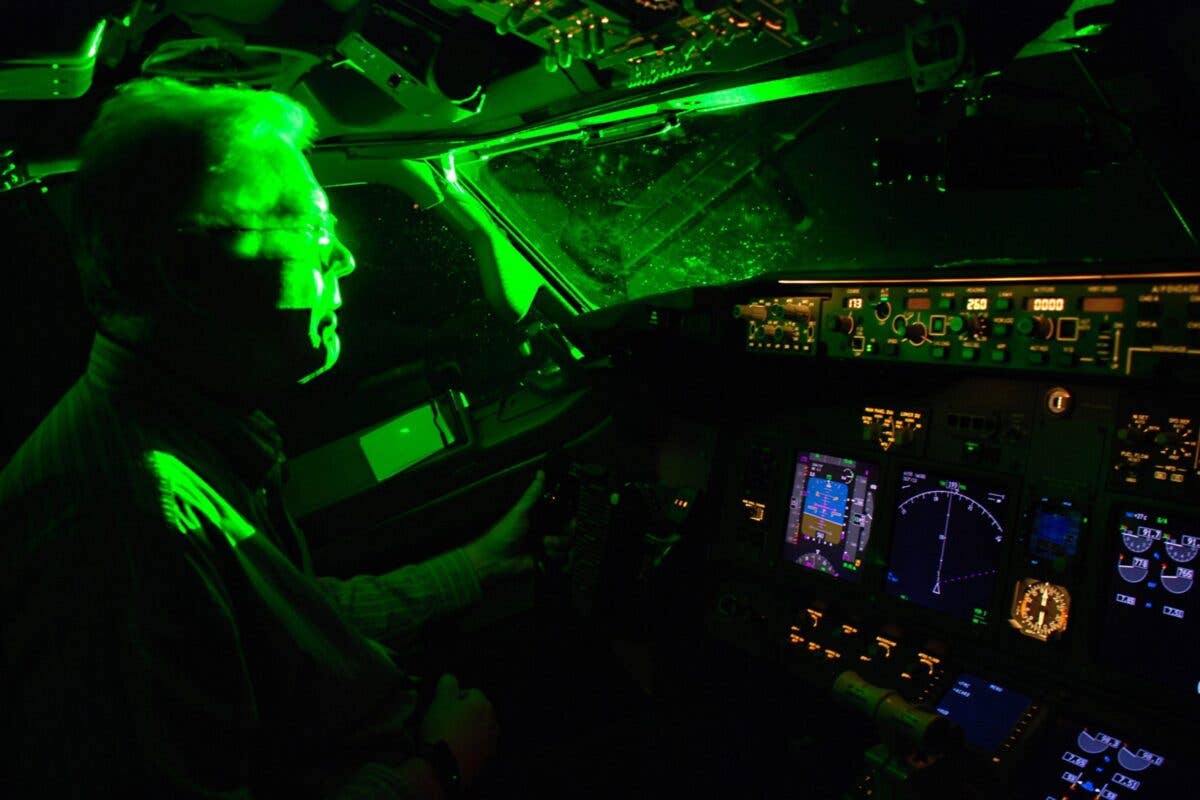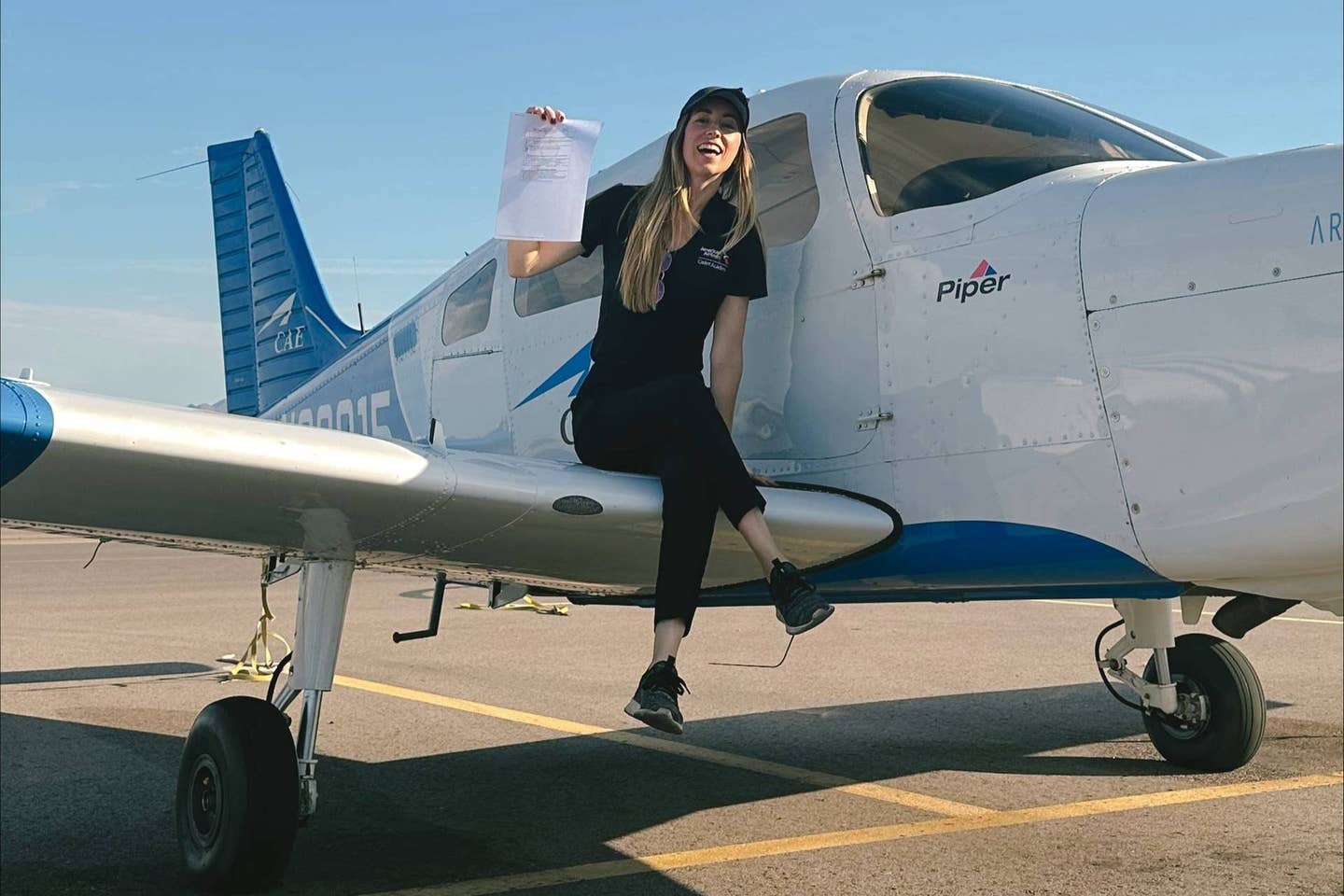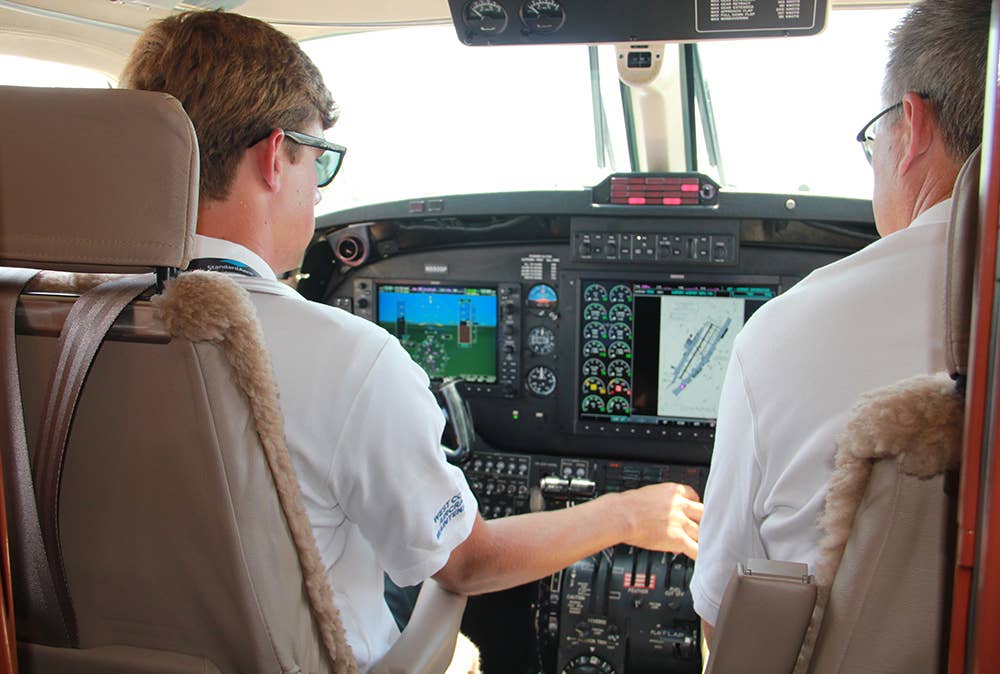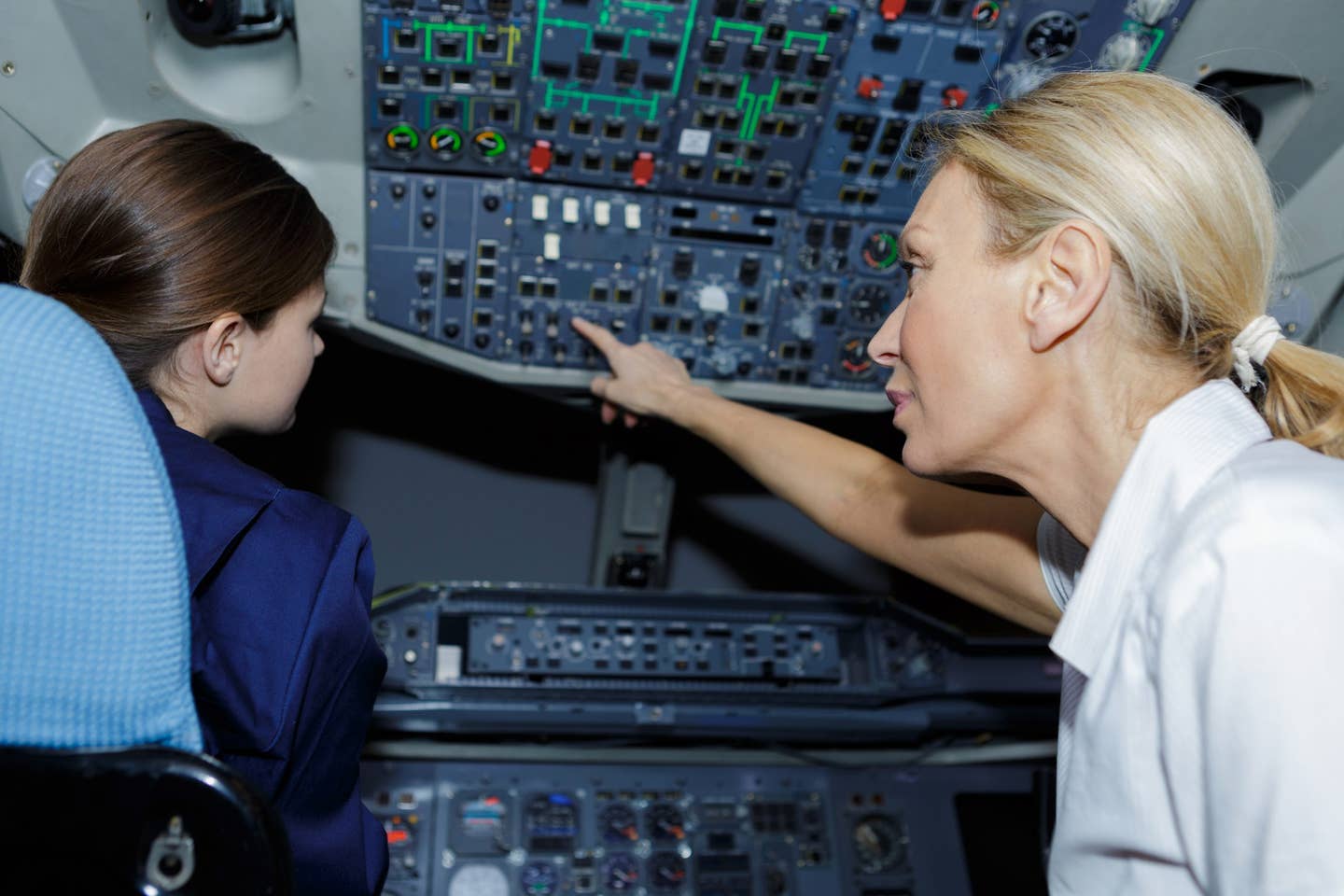
The proposed amendment reverses the FAA’s reinterpretation of flight training policy that came as a result of an emergency cease-and-desist order levied at a warbird operator in Florida in 2020. Adobe Stock
An amendment to reverse the FAA’s reinterpretation of flight instruction as an activity for compensation or hire is on its way to the Senate after being passed by the House late last week.
The amendment, put forth by Reps, Kai Kahele, D-Hawaii, and Sam Graves, R-Mo., was added to the National Defense Authorization Act.
It states that a flight instructor providing flight training and flight instruction shall not be deemed to be operating an aircraft carrying persons or property for compensation or hire. “Compensation or hire” per the FAR/AIM defines a flight as commercial activity.
In essence, the amendment reverses the FAA’s reinterpretation of flight training policy that came as a result of an emergency cease-and-desist order levied at a warbird operator in Florida in 2020.
How We Got Here
According to documents published in the Federal Register, in April of 2021, the U.S. Court of Appeals dismissed a petition for review of the FAA’s emergency cease-and-desist order against Warbird Adventures, a Florida-based company. The FAA ordered that it cease operating its limited category aircraft in violation of §91.315, which states that no persons may operate a limited category aircraft carrying persons or property for compensation or hire.
According to its website, Warbirds offered the public opportunities to fly in Warbirds’ limited category aircraft—a Curtiss P-40A Warhawk—at airshows and allowed members of the public to book flights in exchange for substantial amounts of money.
Warbirds argued it was conducting flight training for compensation in the limited category aircraft, which it claimed is not prohibited under the FAR. The FAA responded that flight training for compensation constitutes operating a limited category aircraft carrying a person for compensation or hire and, therefore, is a violation of the regulation.
In July, the FAA issued a training directive requiring operators of certain categories of aircraft to obtain a letter of deviation authority (LODA) in order to conduct flight training.
The directive, which reversed 60 years of policy that had flight instruction outside of commercial activities, has been a source of concern among several aviation advocacy groups, especially the National Association of Flight Instructors and the Society of Aviation and Flight Educators.
During AirVenture 2021, the issue was discussed at length by both groups, as they struggled to determine the impact it would have on the industry.
“Obtaining a LODA can be done with an App,” said David St. George, executive director of the Society of Aviation and Flight Educators, adding that hundreds of CFIs and aircraft owners have done so. “But what is most concerning is saying CFIs are flying for compensation or hire. That sounds a lot like charter pilot operations, and people were wondering how it will change our roles as instructors.”
“There are approximately 106,000 CFIs on the FAA’s roles, of which perhaps 4,000 to 5,000 are actively instructing full-time,” St. George said. “The rest are ATP-rated airline pilots who do not actively utilize their CFI privileges.
“When COVID hit, they were offered Golden Parachutes as the airlines got rid of pilots to reduce their payroll. Now, the airlines are having a pilot shortage, and who will teach them if CFIs decide to walk away from it because they are worried about the additional liability of flying for compensation or hire?”
Karen Kalishek, chair-elect of National Association of Flight Instructors, said the organization has been fielding lots of calls from members who are worried that they will have to upgrade their medical certificates to exercise their instructor privileges. That’s because the FARs dictate that a pilot wishing to exercise commercial pilot privileges must possess at least a second-class medical certificate.
“They are asking that if flight instruction falls under compensation or hire, wouldn’t that mean we all need a second-class medical certificate? We have an awful lot of CFIs out there who are instructing with basic med,” she said, stressing that the FAA has not yet released a notice of intent to change medical requirements for CFIs.
In a letter to the FAA, EAA, GAMA, and AOPA have expressed concern over the confusion over the re-interpretation of existing regulations and asked the FAA to streamline the process for compliance.
Pilots and instructors who wish to voice their opinion on the amendment should contact their senator.

Sign-up for newsletters & special offers!
Get the latest FLYING stories & special offers delivered directly to your inbox


